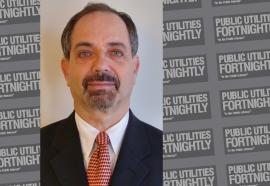Residential Solar's Share in September 2016 by State
The Energy Department reported that residential solar generated 981 thousand megawatt-hours of electricity in September. Let's see what was its share of total electric generation, nationally and in key states.
We add together utility scale and distributed generation from all sectors including the residential, commercial and industrial sectors. Total generation in September was 353,484 thousand megawatt-hours.
So, nationally, residential solar's share of total generation was 0.3 percent.









